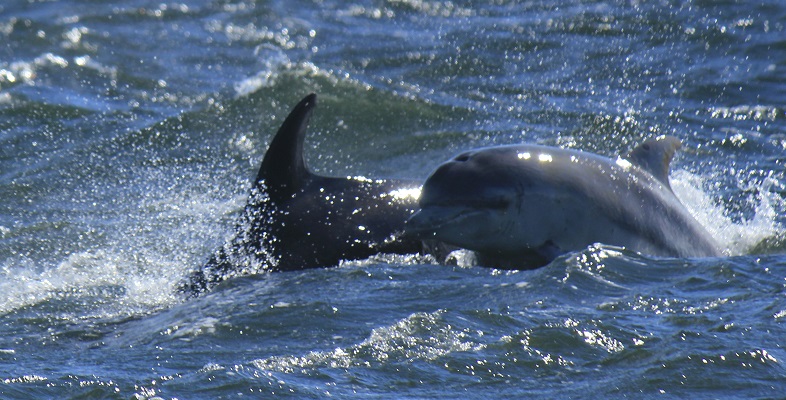Home » Course Layouts » Free Course Layout Udemy
Mammals come in a bewildering variety of shapes and sizes and yet all of the 4700 or so species have some characteristics in common, which justifies the inclusion of diverse types within a single group. Although mammals evolved on land, a number of species have become adapted to spending part or all of their lives in water and it is these mammals that you are going to concentrate on in this course. You will meet some aquatic mammals, find out how we can study them, consider their evolutionary history and read about human impacts on one iconic group.
0
36
English
English [CC]
FREE
- Learn basic syntax that can apply to any language.
- Learn what is a programming language and the basic concepts for beginners.
- Understand what is Javascript in it's truest form.
- Know the basic syntax of Javascript.
- Know some hidden quirks in Javascript.
Description
Course learning outcomes
After studying this course, you should be able to:- contrast the physical properties of air and water and describe implications of such differences for aquatic mammals
- give examples of the adaptations displayed by aquatic mammals that enable them to hold their breath while submerged for relatively long periods
- describe some of the biological differences between pinnipeds, sirenians and cetaceans
- discuss the importance of communication by sound in aquatic mammals, describe the role of blubber and explain countercurrent heat exchange
- explain the diving response and its significance in natural dives.
Course content
- Introduction 00:10:00
- Learning outcomes 00:10:00
-
- The origins of aquatic mammals 00:10:00
- Introduction to aquatic mammals 00:15:00
- The origins of aquatic mammals 00:15:00
- The pinnipeds, sirenians and cetaceans 00:15:00
- The suborder Pinnipedia 00:10:00
- The order Sirenia 00:10:00
- The order Cetacea 00:10:00
- Moving to the water 00:10:00
-
- Living in the water 00:10:00
- Land versus water 00:15:00
- Breathing air 00:15:00
- Moving about 00:20:00
- Staying warm … 00:20:00
- … and getting larger 00:15:00
- Senses and communication … 00:20:00
- … and becoming more intelligent 00:25:00
- The ‘diving response’ 00:10:00
- Features of the diving response 00:30:00
- Natural dives 00:20:00
N.A
- 5 stars0
- 4 stars0
- 3 stars0
- 2 stars0
- 1 stars0
No Reviews found for this course.
Instructor
Open University UK
4.8
4.8
14
42473
1068
Explore Free Courses
Access valuable knowledge without any cost.
{"title":"","show_title":"0","post_type":"course","taxonomy":"course-cat","term":"engineering-skills,health-and-safety","post_ids":"","course_style":"free","featured_style":"course6","masonry":"","grid_columns":"clear4 col-md-3","column_width":"268","gutter":"30","grid_number":"4","infinite":"","pagination":"","grid_excerpt_length":"20","grid_link":"1","grid_search":"0","course_type":"","css_class":"","container_css":"","custom_css":""}












